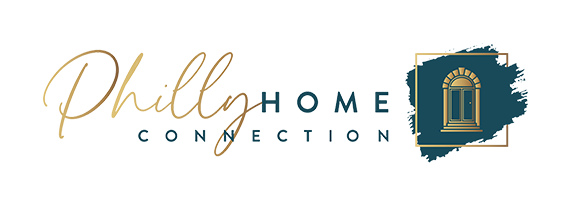When you’re buying or selling a home, it’s easy to focus on the big numbers — the price of the property, your mortgage, or your down payment. But there’s another important piece of the puzzle that sometimes catches people by surprise: closing costs.
Whether you’re a first-time homebuyer or preparing to sell, understanding closing costs can help you plan ahead, avoid surprises, and feel more confident at the settlement table.
Here’s a simple breakdown of what closing costs are, what they include, and what to expect in Philadelphia.
What Are Closing Costs?
Closing costs are the fees and expenses you pay to finalize a real estate transaction, outside of the actual price of the home.
They cover everything from legal paperwork to loan processing, and are typically due on closing day — when the property officially changes hands.
Both buyers and sellers have their own sets of closing costs to take care of!
Typical Closing Costs for Buyers
Buyers usually have more closing costs than sellers. Some common ones include:
? Loan Origination Fees
Fees your lender charges to process your mortgage loan.
? Appraisal Fee
Covers the professional appraisal ordered by your lender to confirm the home’s value.
? Title Insurance and Title Search Fees
Ensures the property’s title is clear of any issues (like unpaid taxes or old liens) before you buy.
? Recording Fees
Charged by the local government to record the sale of the property and your new ownership.
? Prepaid Costs
Includes upfront payments for property taxes, homeowners insurance, and sometimes mortgage interest.
? Transfer Taxes (Philadelphia-specific!)
In Philly, the real estate transfer tax is typically split between buyer and seller. As of now, it’s 4.278% of the sale price — an important number to budget for!
Typical Closing Costs for Sellers
Sellers also have expenses to cover at closing, including:
? Real Estate Agent Commissions
Typically about 5–6% of the sale price, split between the buyer’s and seller’s agents.
?️ Transfer Taxes
Sellers usually pay half of the Philadelphia transfer tax.
? Outstanding Liens or Repair Costs
If there are agreed-upon repairs or unsettled bills related to the property, those must be paid at closing.
?️ Attorney Fees (optional but common)
Some sellers choose to have an attorney review documents for added peace of mind.
How Much Are Closing Costs?
As a general rule of thumb:
- Buyers in Philadelphia can expect to pay about 3–5% of the home’s purchase price in closing costs.
- Sellers usually pay about 6–8%, mostly because of agent commissions and their share of the transfer tax.
Every situation is different though, so it’s important to review your official Loan Estimate (for buyers) or Seller’s Net Sheet (for sellers) early in the process.
Can You Negotiate Closing Costs?
Yes, you can!
? Buyers sometimes negotiate to have sellers contribute toward their closing costs (known as a “seller assist”).
? Sellers might offer concessions in a competitive market to help buyers close the deal.
? Lenders may also offer different options to help reduce upfront costs — but be sure to compare loan terms carefully.
Final Thoughts
Closing costs are a crucial part of any real estate transaction. By understanding what they cover and budgeting for them early, you’ll set yourself up for a much smoother (and less stressful) closing day.
Whether you’re buying your first home, upgrading, downsizing, or selling in Philadelphia, knowing your numbers is key!
Have questions about closing costs or the home buying/selling process?
? Shoot me a message at [email protected] — I’m here to help guide you every step of the way!


